It's Been Weird Lately – or is it Fate?
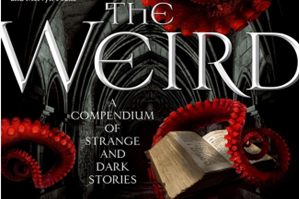
Recently the news has latched onto a comment made in the United States’ political arena, and now the word “weird” seems to be everywhere.
The word itself has an interesting pedigree. Most etymologies tend to move from the present and go backwards through time, but let’s take a different approach:
5000 Years Ago
Linguists speculate that about 3000 BCE the core of almost all European languages developed. This language is commonly called “Proto-Indo-European”. Abbreviated to “PIE”, it may not have been a distinct and spoken tongue, but is perhaps a construct deduced by linguists.
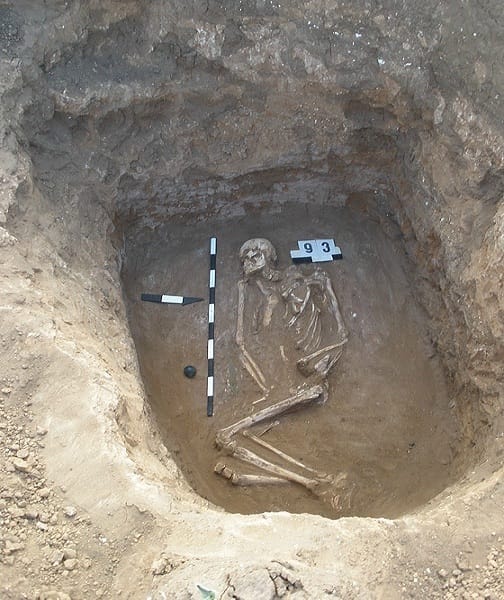
That said, let us imagine that someone, about 5000 years ago — perhaps a person who was part of the Steppes Culture from the Eurasian Mountain region, perhaps someone living in what is now Austria, or Hungary, or Romania, or even in the Ural Mountains —said:
“Wert”
This far-away and long-ago ancestor was referring to the action of turning, bending,winding or rotating something.
This man and his partner had children, and eventually, over millennia, the children's offspring migrated to Northern Europe.
2000 Years Ago
From roughly the 5th century BCE until about 200 CE, Northern Europe was speaking what linguists now term “Proto Germanic”.
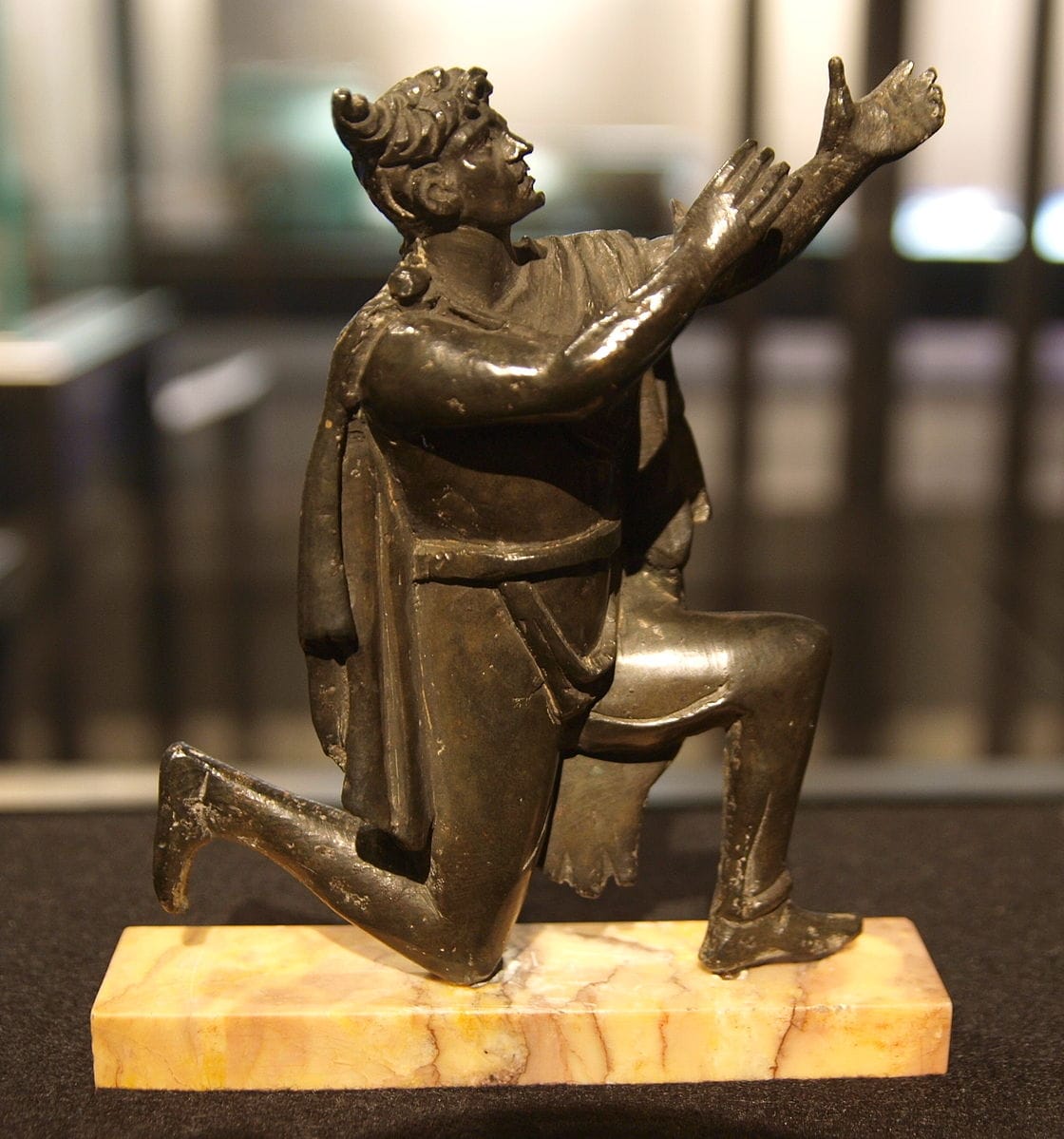
The descendants of Steppes man would now utter a daughter-word of “wert”:
“Wertis” or “wurdiz”
The meaning or core notion of the word now denoted “fate” or “destiny”.
1800 Years Ago
“Wertis” or “Wurdiz” now moves into the “Proto West Germanic” and changes into “wurdi”. The meaning stays the same.
Proto West Germanic is considered the parent of English.
1400 Years Ago
Our descendant's offspring have migrated over time to the British Isles and are speaking what we term Anglo-Saxon or Old English. This speech or language is generally thought to have been spoken from the 7th century until sometime after the Norman Conquest of England in 1066.
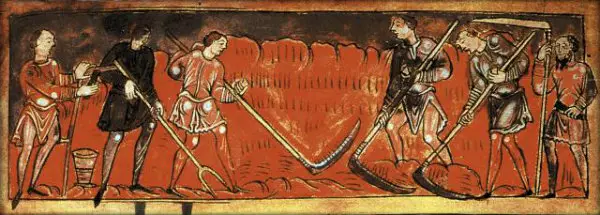
This man is now speaking of “Wyrd”, as in this quote:
Ne wyrcþ man his āgene wyrd, ac hēo hine.
You don't create your own fate, it creates you.
Or
Wyrd wielt þisse weorolde, ac blindlīċe and būtan andġiete.
Fate controls this world, but blindly and without purpose.
An interesting sidebar: not only does the word represent a different idea, but our current zeitgeist tends to think in the opposite direction, where we are now the captains of our own destiny. Perhaps our Anglo Saxon forebear was more humble or slightly more pragmatic.
On the other hand, the pronunciation is now approaching ours.
Our Anglo-Saxon individual might also use this word to denote an occurrence or to refer to the “Fates” as entities. The Fates originated in ancient Greek mythology and were three women: Atropos, Clotho and Lachesis. These were fantastical females (also called the "Norns" in Northern Europe) who controlled not only the destines of men, but also of the gods.
Wyrds were powerful indeed.
1000 Years Ago
Now wyrd has changed into “werde”, “wierde”, “wirde”, “wyrede” and “wurde” with our man speaking Middle English. He and his descendants will be speaking this version of English until sometime in the 1400s.
When using “werde”, this Middle Englishman would be now referring to a force that determines events, particularly those that have been preordained. He may also have used it to express a future event or outcome, or even a prophecy.
All the other variants listed above are similar, except for “wurde”. Rather than a noun, it is a verb and signifies “to become” — which still intimates some sort of prediction.
500 Years Ago
Our hypothetical Englishman no longer uses “wyrd” or any of its variants.
It has disappeared from the English language, but it did survive in the Scots where it referred to The Weird Sisters or the Wayward Sisters. These three Fates were desbribed in the “Holinshed's Chronicles”, also known as Holinshed's Chronicles of England, Scotland, and Ireland published in 1577.
400 Years Ago
Enter onto the stage a playwright by the name of William Shakespeare. In his play “Macbeth”, Shakespeare indirectly reintroduced the word into English when he described the three witches in the play.
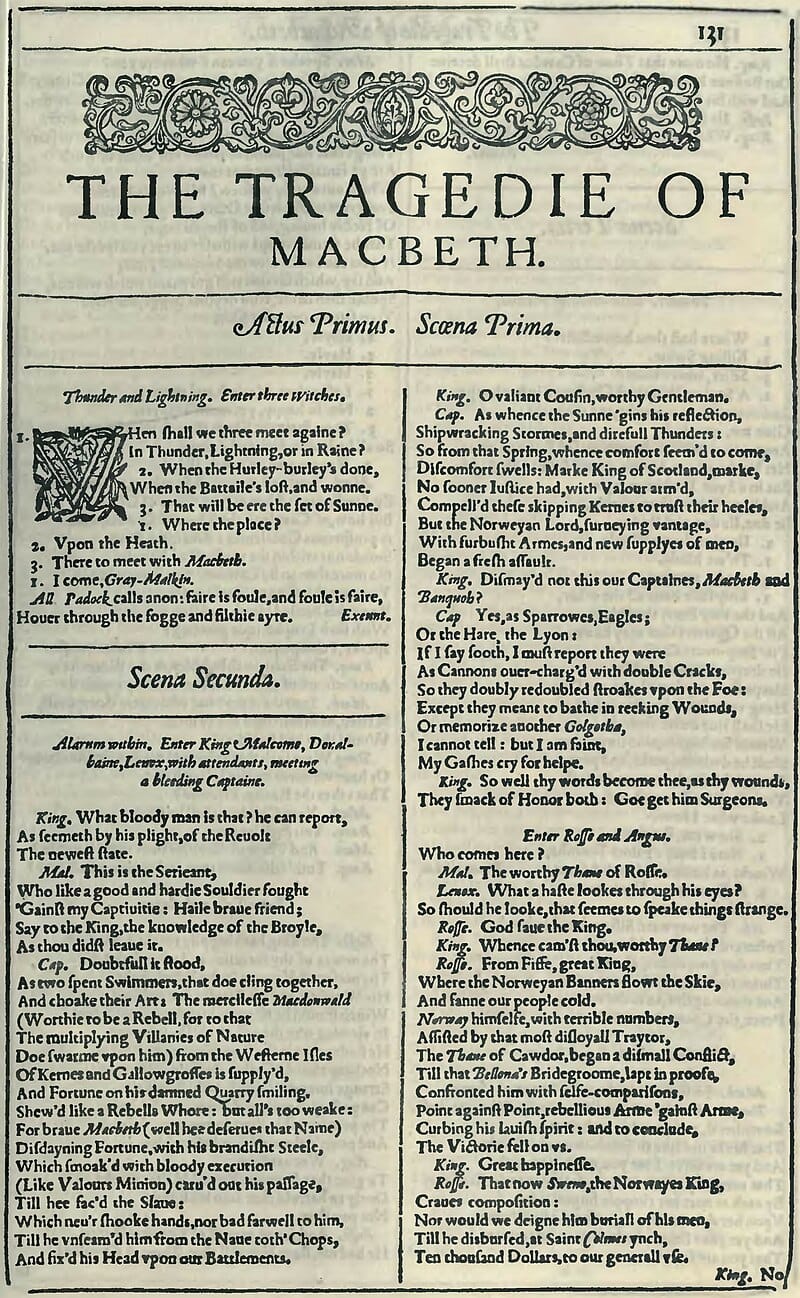
In this context or usage, the word still denotes fate, prophecy, and destiny but now slides towards the supernatural, the bizarre, something deviating from the natural, and disturbingly unpleasant.In this context or usage, the word still denotes fate, prophecy, and destiny but now slides towards the supernatural, the bizarre, something deviating from the natural, and disturbingly unpleasant.
Yesterday (to be precise, August 7th, 2024)
It’s political.

Words are powerful.
Would you like to read other posts? If so, please click the Home Page link below:
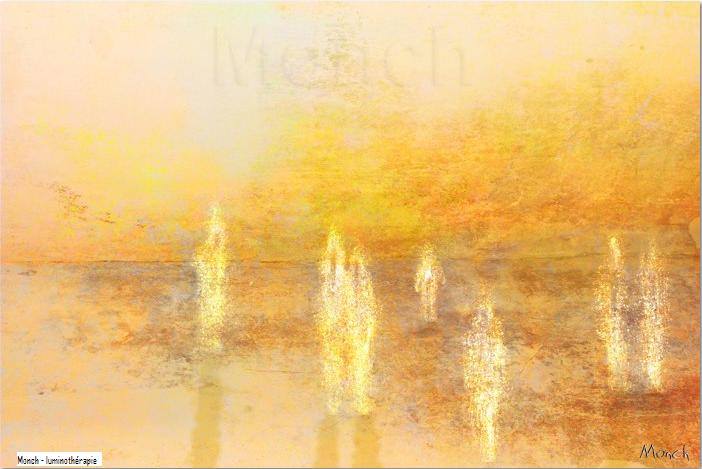
You, Dear Reader, are much needed and appreciated.
Everything written requires a reader to make it whole. The writer begins, then you, dear reader, take in the idea and its image, and so become the continuation of its breath. Please subscribe so that my words can breathe. Consider this my hand, reaching out to yours.
